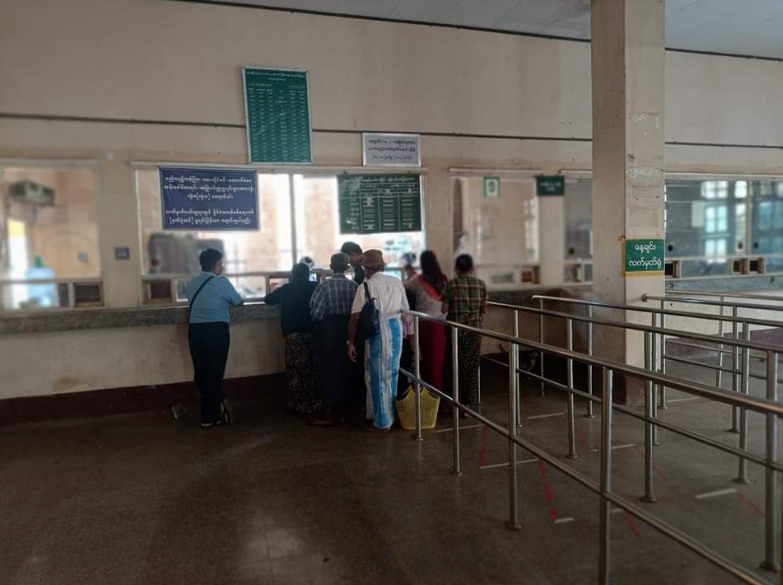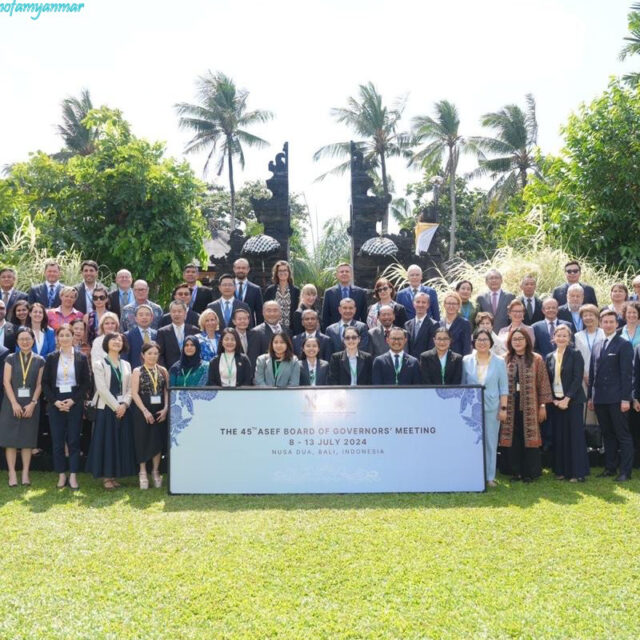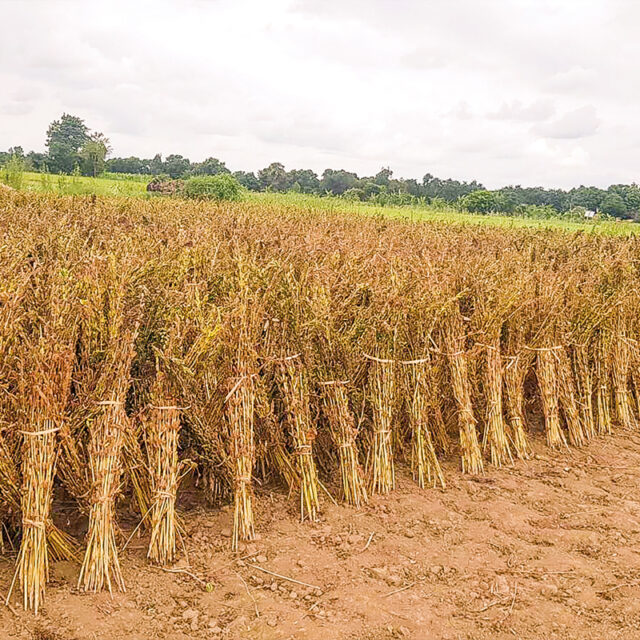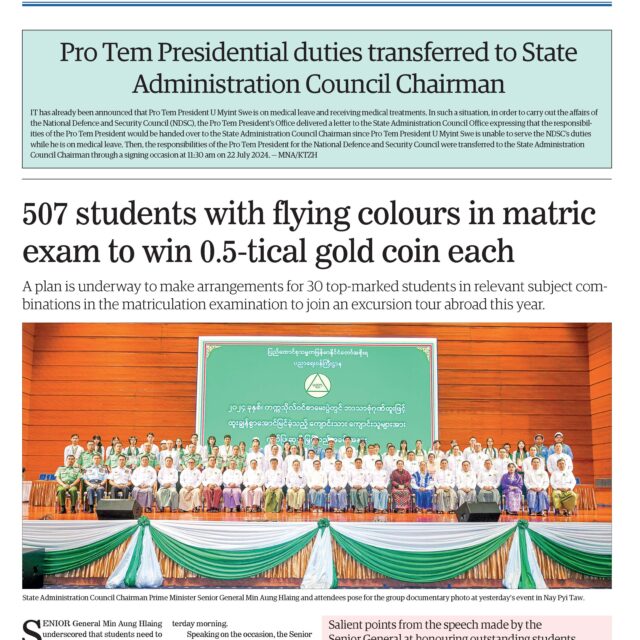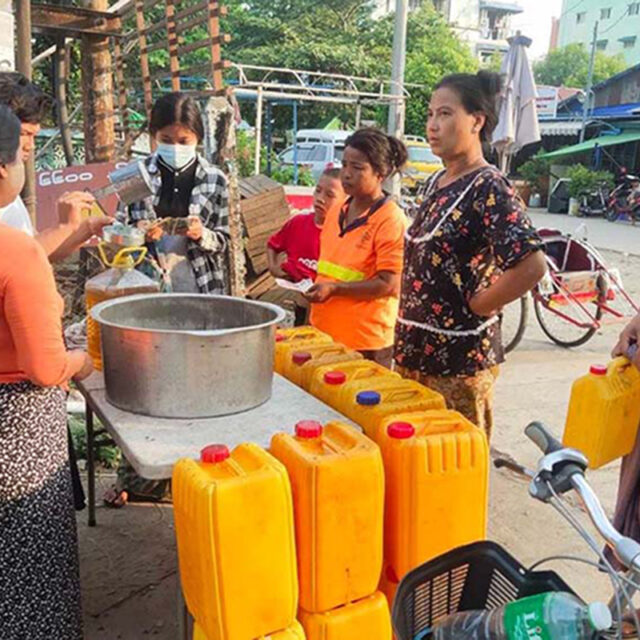Myanmar is an agrarian country, with paddy and other staple crops forming the backbone of its agriculture. Farmers dedicate significant effort to growing paddy, with some cultivating it two to three times annually, ensuring a continuous supply. Paddy and rice, being staple foods, are crucial for the entire population.
Recently, however, some traders have exploited this necessity by selling rice at excessively high prices, disregarding the impact on daily life. In response, authorities have taken action against those selling rice at profit margins exceeding the reference prices set monthly by the Myanmar Rice Federation. Offenders who increased prices by 11-30 per cent will be fined, while those inflating prices by 31-70 per cent face prosecution under Section 5 of the Important Commodity and Service Law 2012. These reference prices are designed to be fair to both consumers and sellers, typically varying by only five to ten per cent in the market. At shopping malls and supermarkets, prices might differ by 10-20 per cent. However, since early 2024, rice prices have risen sharply, creating challenges for low-income families.
Several factors contribute to the rising prices, including climate changes affecting harvests, high costs of pesticides, fertilizers, and other inputs, increased labour charges, and instability in paddy-growing areas. Additionally, some traders hoard paddy to manipulate market prices.
Myanmar cultivates paddy on approximately 17 million acres annually, representing 34 per cent of all crops. About 80 per cent of this paddy is consumed domestically, with the remaining 20 per cent exported. This extensive market emphasizes the need for ethical trading practices. Manipulating rice prices not only burdens consumers but also destabilizes the market.
Empathy is essential in this context. Both sellers and consumers are fellow citizens, and considering each other’s circumstances can prevent unnecessary hardships. Upholding empathy in trading practices ensures that rice remains accessible to all, fostering a stable and equitable market. By acting with compassion and fairness, traders can support the well-being of the entire nation.
In Myanmar, all businesses have to consider the interests of consumers and traders reasonably. All businesspeople have to uphold the concept that consumers are their benefactors. Hence, taking a wider margin of profit in trading will not bring good results to all. Only when all are embracing the consideration in all measures will the society be prosperous. Consequently, both consumers and traders will be peaceful in their minds.
Uphold empathy in trading rice and paddy for all
- July 11, 2024
- 202






